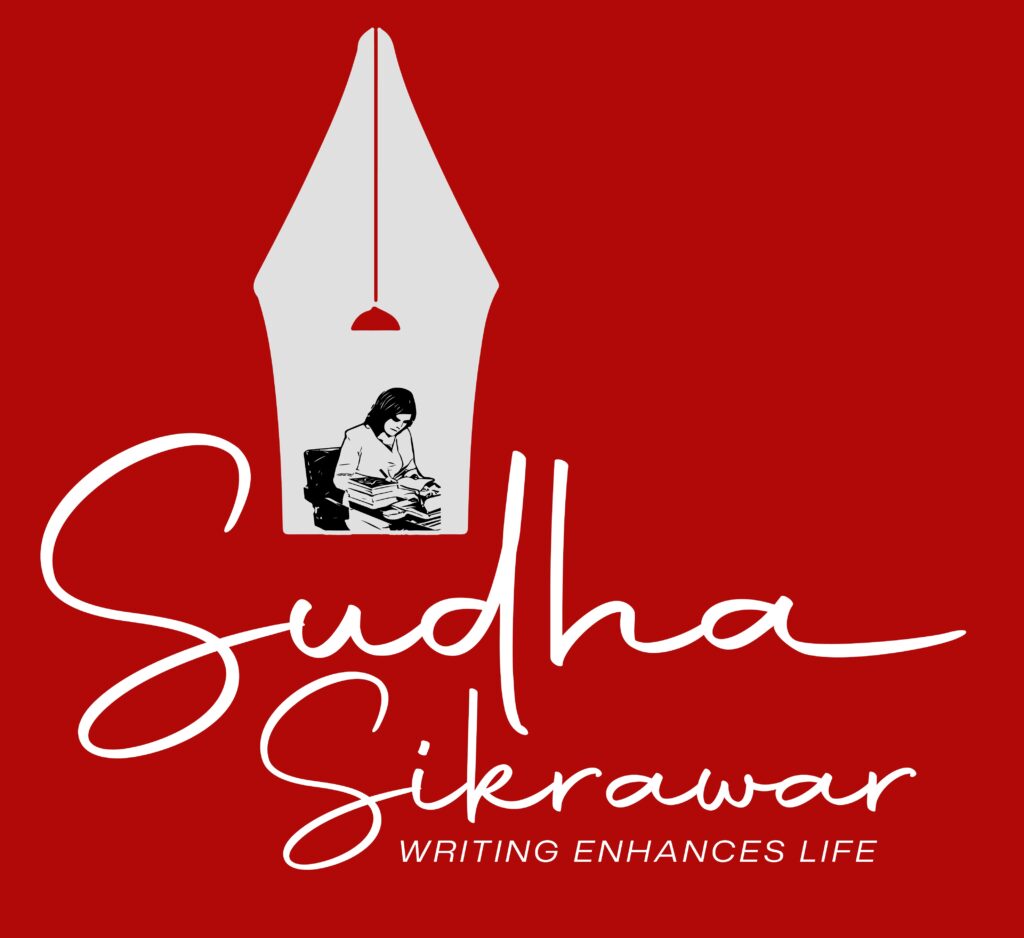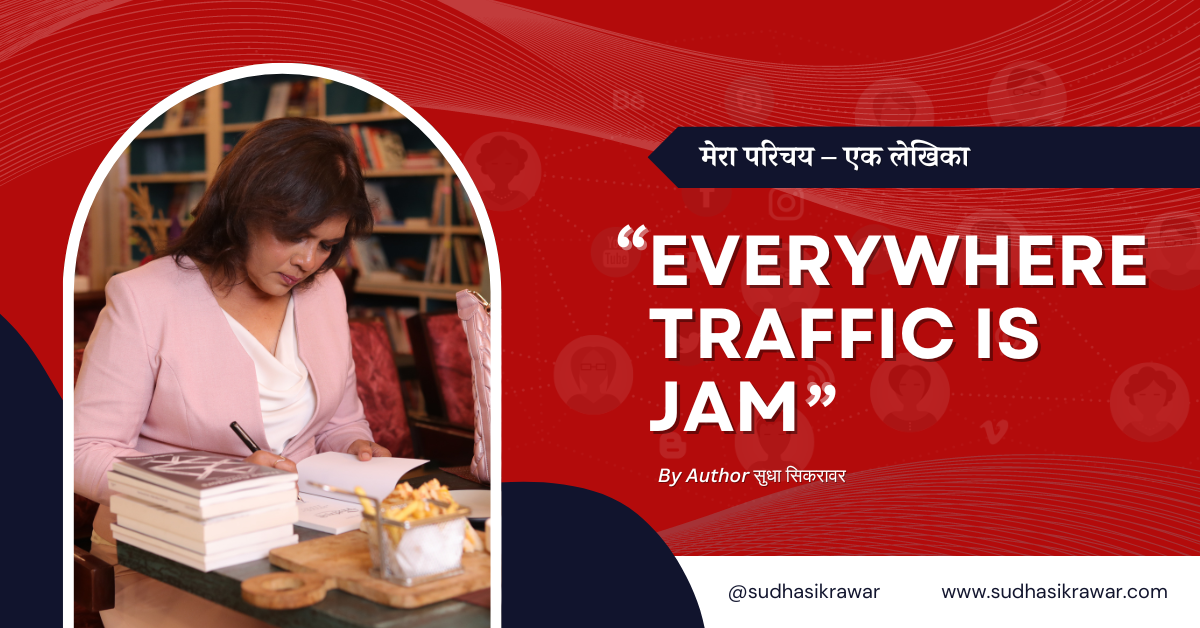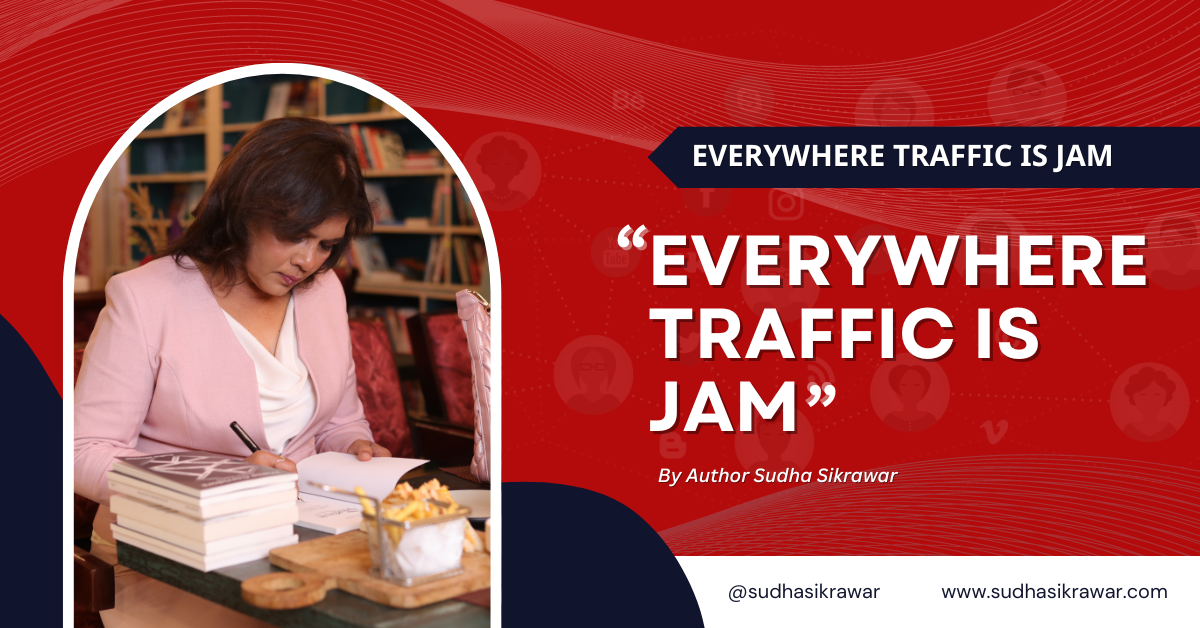Introduction
A writer is an individual who uses written words to communicate ideas, stories, or information. Writers create content in various forms, including novels, essays, articles, and blogs, and their work can significantly impact culture and society.
Importance of Writing in Society
Writing is a fundamental aspect of human communication. It allows for the preservation and dissemination of knowledge, the expression of creativity, and the sharing of experiences across generations. The ability to write effectively is crucial in many fields, including education, journalism, and business.
Purpose and Scope of the Article
This article aims to provide a comprehensive guide for writers at all stages of their careers. From understanding the creative writing process to developing a daily writing routine and finding inspiration, this guide covers essential aspects of the writing journey. Additionally, it offers strategies for content creation and insights into maintaining health and wellness as a writer.
The Creative Writing Process
The creative writing process is a series of steps that writers follow to develop their work from an initial idea to a polished final piece. This process can vary greatly depending on the individual and the type of writing, but it generally includes several key stages.
Stages of the Creative Writing Process
- Prewriting: This stage involves brainstorming ideas, conducting research, and outlining the structure of the piece.
- Drafting: During drafting, writers put their ideas into written form, focusing on getting their thoughts down without worrying about perfection.
- Revising: Revision involves reorganizing, refining, and improving the content, structure, and style of the draft.
- Editing: Editing focuses on correcting grammatical, punctuation, and spelling errors, as well as improving clarity and coherence.
- Publishing: The final stage is sharing the work with an audience, whether through traditional publishing, self-publishing, or online platforms.
Benefits of a Structured Creative Writing Process
A structured creative writing process helps writers stay organized and focused, reduces the feeling of being overwhelmed, and increases the likelihood of producing high-quality work. It also provides a clear framework that can be adapted to suit individual needs and preferences.
Developing a daily writing routine
Importance of Consistency
Consistency is key to becoming a successful writer. A daily writing routinehelps build discipline, improves writing skills over time, and ensures steady progress on writing projects.
How to Establish a daily writing routine
- Setting Goals: Determine what you want to achieve with your writing, such as word count targets, project deadlines, or skill improvement.
- Scheduling Time: Dedicate specific times of the day to writing, and treat these sessions as non-negotiable appointments.
- Creating a Dedicated Writing Space: Set up a comfortable and distraction-free area where you can focus solely on writing.
Overcoming Common Challenges in Maintaining a Routine
Maintaining a daily writing routine can be challenging due to various obstacles, such as writer’s block, time constraints, and lack of motivation. Strategies to overcome these challenges include setting realistic goals, breaking tasks into manageable chunks, and seeking support from writing communities or accountability partners.
writer’s inspiration

Sources of writer’s inspiration
- Nature: The beauty and tranquility of nature can spark creativity and provide a refreshing change of perspective.
- Personal Experiences: Drawing from one’s own life experiences can add authenticity and depth to writing.
- Other Works of Art: Engaging with other forms of art, such as music, film, and visual arts, can stimulate new ideas and approaches.
- Dreams and Imagination: Exploring dreams and tapping into one’s imagination can lead to unique and original concepts.
Techniques to Cultivate Inspiration
- Free Writing: Writing continuously without worrying about grammar or structure can help unlock creativity.
- Reading Widely: Exposure to different genres, styles, and authors can broaden one’s perspective and inspire new ideas.
- Engaging in Creative Activities: Activities such as painting, dancing, or playing an instrument can stimulate the creative part of the brain.
Managing Writer’s Block
Writer’s block is a common challenge that can hinder productivity. To manage it, writers can take breaks, try writing exercises, change their environment, or seek feedback from peers. The key is to remain patient and persistent.
content creation strategies
Understanding the Audience
Knowing your audience is crucial for creating relevant and engaging content. Consider their interests, needs, and preferences when planning your writing.
Researching Topics
Thorough research ensures that your content is accurate, informative, and valuable. Use reliable sources and take detailed notes to support your writing.
Organizing Ideas
Organize your ideas logically to create a coherent structure. This can be achieved through outlining, mind mapping, or using index cards.
Writing Engaging Content
- Storytelling Techniques: Use narrative elements to make your content more compelling.
- Using Vivid Language: Descriptive and sensory language can make your writing more vivid and engaging.
- Maintaining a Strong Voice: Develop a unique and consistent voice that resonates with your audience.
Editing and Proofreading Tips
Careful editing and proofreading are essential to ensure clarity, coherence, and correctness. Consider using tools like grammar checkers, reading aloud, and seeking feedback from others.
Health and Wellness for Writers
Importance of Physical and Mental Health
Maintaining physical and mental health is crucial for long-term productivity and creativity. Writers should prioritize self-care and adopt healthy habits.
Ergonomics and Workspace Setup
A comfortable and ergonomic workspace can prevent physical strain and enhance focus. Consider factors like chair height, screen position, and lighting.
Stress Management Techniques
Techniques such as mindfulness, exercise, and adequate rest can help manage stress and maintain mental well-being.
Maintaining Work-Life Balance
Balancing work and personal life is essential to prevent burnout. Set boundaries, take regular breaks, and ensure time for hobbies and social activities.
Technology Tools for Writers
Writing Software and Apps
Various writing software and apps can aid in organizing, drafting, and editing content. Examples include Scrivener, Microsoft Word, and Grammarly.
Productivity Tools
Tools like Trello, Evernote, and Pomodoro timers can help manage tasks and boost productivity.
Online Resources and Communities
Online resources and communities provide support, feedback, and networking opportunities. Examples include writing forums, social media groups, and educational websites.
Benefits of Using Technology in Writing
Technology can streamline the writing process, enhance research capabilities, and facilitate collaboration. It also offers tools for self-publishing and reaching a wider audience.
Personal Stories and Case Studies
Successful Writers and Their Journeys
Studying the journeys of successful writers can provide valuable insights and inspiration. Each writer’s path is unique, but common themes include perseverance, dedication, and continuous learning.
Lessons Learned from Personal Experiences
Personal experiences can teach valuable lessons about the writing process, such as the importance of persistence, the value of feedback, and the need for self-discipline.
Inspiring Case Studies
Case studies of successful writing projects can offer practical examples of effective strategies and techniques. These stories can motivate and guide aspiring writers.
Expert Insights
Interviews with Established Writers
Interviews with established writers provide firsthand insights into their creative processes, challenges, and successes. These interviews can offer valuable advice and inspiration.
Advice from Writing Coaches
Writing coaches can provide personalized guidance and support. Their advice often includes tips on developing writing skills, overcoming obstacles, and achieving writing goals.
Tips from Editors and Publishers
Editors and publishers offer insights into the publishing process, including how to improve your manuscript, navigate submissions, and market your work effectively.
Conclusion
This article has covered essential aspects of the writing journey, including the creative writing process, developing a daily writing routine, finding inspiration, and content creation strategies. It has also addressed the importance of health and wellness, the benefits of technology, and insights from personal stories and experts.





